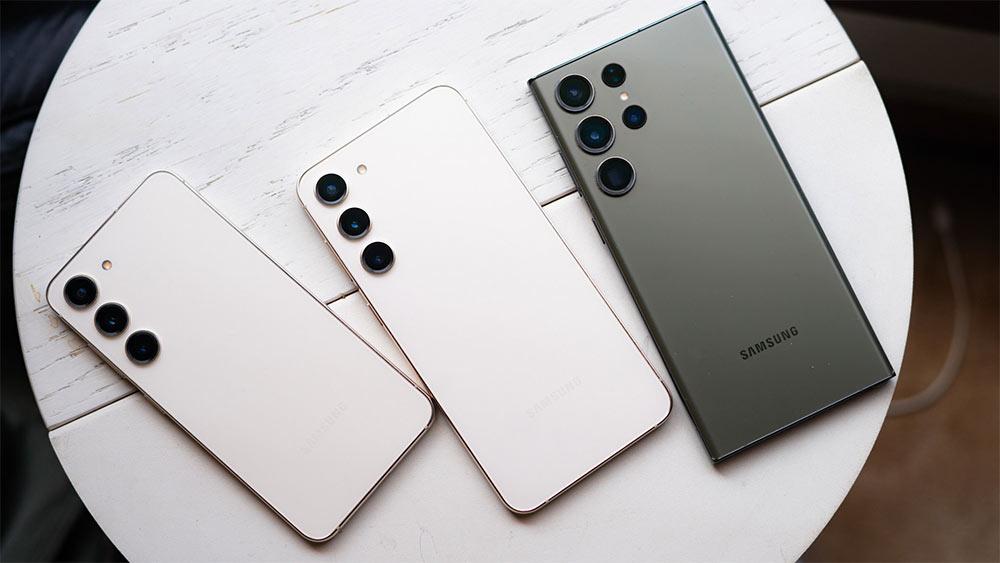Samsung is on the verge of overtaking Apple's iPhone by producing more powerful and smaller processors. Samsung calls it extreme ultraviolet (EUV) semiconductor, that will make chips which are 7nm or even smaller. Samsung will not only incorporate these powerful processors in its own devices but will also provide them to its clients. The manufacturing of processors is taking place in Samsung’s sixth foundry production line situated in Hwaseong, South Korea. The company broke ground for the facility in February 2018 and has so far invested $6 billion into it.
The new V1 line at Samsung's plant in Hwaseong, South Korea is the first to be solely dedicated to EUV lithography technology. The plant will produce chips using process nodes of 7nm and below. Samsung stated that It will also produce mobile chips with 7nm and 6nm processes and has plans to eventually produce chips as small as 3nm. According to Samsung, These state-of-the-art mobile chips are “an optimal choice for next-generation applications such as 5G, AI, and Automotive”.
The EUV process uses ultraviolet light with short wavelengths to draw design patterns on wafers. Samsung believes that this allows for more detailed and finer designs compared to previous lithography technology that used argon fluoride lasers. The South Korean tech giant developed the 7nm process in 2017 which are now widely used commercially, it successfully developed the 5nm process in April 2019. Samsung also shared its process design kit for its 3nm process in May 2019.
The use of EUV semiconductors is highly likely in Samsung's upcoming Galaxy Note 20 lineup, because in this way Samsung could compete with the upcoming iPhone 12 series. As far as the successor of Galaxy S20 lineup is concerned, the Galaxy S21 lineup which is expected to launch in the first half of 2021, it is certain to say that it will see one of these EUV based processors with 7nm or 6nm nodes.


